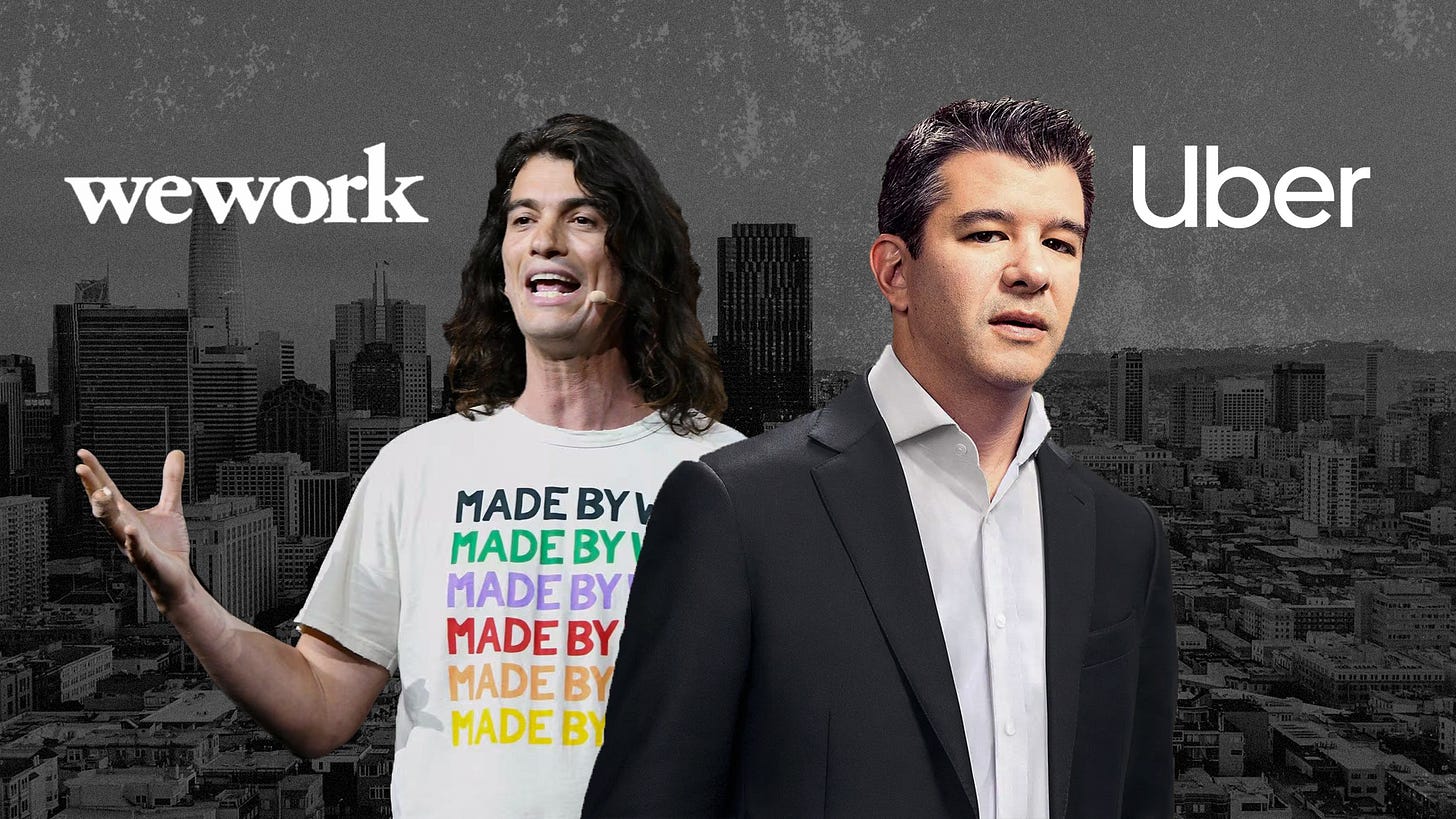The Dark Side of Innovation: Venture Predation and Its Implications
Most of the content in this post is inspired by the research conducted by Matthew T. Wansley and Samuel N. Weinstein in their paper titled "Venture Predation." I encourage you to go and delve into it before reading below.
What are Venture Predators?
“A venture predator is a startup that uses venture finance to price below its costs, chase its rivals out of the market, and grab market share”
Uber’s predation
For years, Uber seemed destined to revolutionize the urban transportation market. The startup attracted customers through low fares and drivers through high pay. In this way, Uber grew rapidly, taking market share away from cabs.
Some cab companies struggled, while others went out of business. It seemed that Uber had found the magic formula for winning, allowing it to hold off its competitors.
In hindsight, it has become clear that Uber's approach was only possible through massive venture capital grants. Since its inception, Uber has accumulated heavy losses. Although Uber's fares have steadily increased in recent years, the company still has not achieved sustainable profitability.
If its business model has never worked, how has Uber dominated the urban transportation market? Venture Predation.
The strategy of venture predators in 3 steps
The strategy of venture predators occurs in three stages.
VCs provide the venture predator with the money needed for predation.
The venture predator uses to price its products below cost and exclude or discipline its rivals.
When the venture predator has achieved a dominant market share, its VCs and founders make investors believe that the company can recoup the money in the future. So they sell their shares and cash in on the predation gain.
The innovation of venture predation
There are 3 main reasons that differentiate venture predation from traditional predation pricing.
1. Motivation
Venture predation can fuel rapid, exponential growth and VCs are motivated to fund this phenomenon because it can generate the kind of growth that makes a venture fund successful.
Most startups fail, so VCs need one or two of their portfolio companies to grow exponentially to offset those losses. They increasingly encourage their portfolio companies to prioritize scaling before profitability. A startup with a rapidly growing user base can deliver a lucrative exit.
2. Secrecy
Another competitive advantage of those pursuing predation is the fact that these startups are generally private companies.
This secrecy primarily allows them to covertly communicate financial decisions with their backers. It also allows them to partially hide their cost-structure, surpassing their competitors who are unaware of this.
3. Cashing out
The most important innovation stands at the end of this model.
VCs don't need their portfolio companies to achieve profitability before they exit. They only need to persuade other investors after them, that the company will eventually become highly profitable. In this way the funds will cash out by taking their profit.
Wework’s predation
Over the past decade, WeWork has expanded to dominate the co-working industry. So by 2019 it had reached a private valuation of $47 billion.
How has WeWork crushed the competition?
Although they describe themselves as a tech company, the startup's business model is to buy/rent a space and sell memberships. As far as we know, there are no magic technologies that makes providing commercial real estate more efficient.
In 2012, WeWork raised a Series A funding of 17.5 million with Benchmark, the same Venture Capital that fueled Uber's predation. WeWork's predation campaign was successful in crushing the competition because they used below-cost pricing to attract customers of its rivals.
This is market predation combined with reputation effect predation. Their competitor NextSpace could not raise capital from VCs because it was clear that WeWork would defeat them.
More cases from the market
Uber and WeWork are only the most famous examples but they are not the only ones.
As for micro-mobility, Bird and Lime (Sequoia and Andreessen Horowitz VC firms, respectively) have had the money to wage a price war below the cost to grab the market share of scooters.
During the past few years, new venture-backed startups have come forward that promise to deliver groceries in minutes. Perhaps the names Getir and Gorillas will tell you something.
Venture predation = reduced innovation
Doing venture predation means less innovation.
If this phenomenon continues, There will be fewer new and interesting things in the future, and that is because of capital misallocation. Imagine if all the money that venture capitalists spent on their predation strategies with companies like Uber, WeWork and Bird was used to fuel exciting innovations in different industries.









